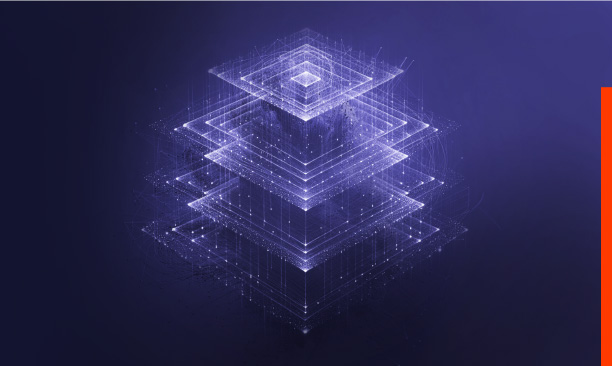By Gravity Stack Staff
At last year’s Legal Innovators California, Gravity Stack’s Bryon Bratcher and Killer Whale Strategies founder Zach Abramowitz met on stage to talk about what AI might mean for the legal industry. At the time, AI was making headlines, but most legal teams were still unsure how to respond.
One year later, the tone has shifted. Adoption is up, use cases are multiplying, and the questions have become more practical. In this year’s conversation, Bryon and Zach revisited these points with new clarity. Legal AI has moved from theory to reality.
When Gravity Stack rebranded in 2023, it was designed to send a clear signal. The firm had already seen how fast generative AI was advancing and wanted clients to take the shift seriously. At the time, many legal teams were still treating AI as a side topic. The rebrand put it front and center. One year later, that early move has proven right. AI is now a core part of legal strategy conversations.
Here are four of the most important takeaways from their discussion.
Lawyers Are Turning to ChatGPT for Core Legal Work
Legal tech companies have raised hundreds of millions to build AI tools for law. But the most popular tool among lawyers is still ChatGPT. A recent Law360 survey found that 55 percent of lawyers are using generative AI at work, up from 35%, and 65% of that usage is ChatGPT. Even more surprising, the number one use case is legal research.
This trend challenges long-standing assumptions about entrenched research providers like Westlaw and Nexus. Legacy platforms are no longer the default. Lawyers are reaching for faster, newer tools, even for high-value work.
Legal Teams Want Guidance and Training Now
Over the past year, Gravity Stack has seen a significant increase in demand from legal departments for AI briefings. These are no longer occasional sessions. They are happening almost every other week.
Clients want more than a list of vendors. They want help making sense of the market, understanding use cases, and applying tools in their own workflows. Workshops are covering everything from contracts and eDiscovery to knowledge management and automation. Tools like NotebookLM are drawing attention for their ability to simplify learning across teams.
Base Models Are Outperforming Custom Solutions in Some Cases
Inside Gravity Stack’s AI Lab, the team has been benchmarking foundation models against legal-specific tools and copilots. One of the most surprising findings is that base models often deliver stronger performance then once they are wrapped in the newest tools.
This has major implications for buyers. Adding a legal-specific layer does not automatically improve results. Sometimes, simplicity leads to better outcomes. Clients who understand this are making smarter decisions about how to invest.
Adoption Is Driven by Real Time Savings
There was a key moment during the session when Zach asked the audience how many people had used AI at work. Then he asked how many felt it had saved them a night or a weekend. Dozens of hands went up.
That experience is what makes AI stick. When a tool frees up time or helps someone avoid weekend work, they tell a colleague. That kind of word of mouth spreads quickly. It becomes part of the workflow before any formal announcement is made.
What Comes Next
The rebrand made it clear that Gravity Stack was willing to be early. That decision is now paying off as legal teams shift from curiosity to capability. The firms and departments that are making progress are the ones treating AI like a practical skill to be built over time.
They are not waiting for perfect tools. They are getting to work.
—
Follow Gravity Stack on LinkedIn for updates from our AI Lab, client stories, and legal innovation insights.






